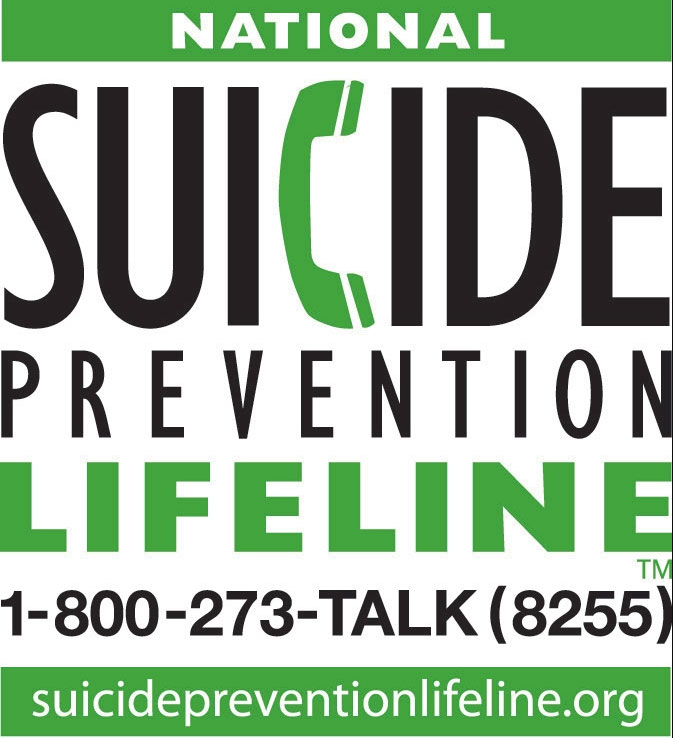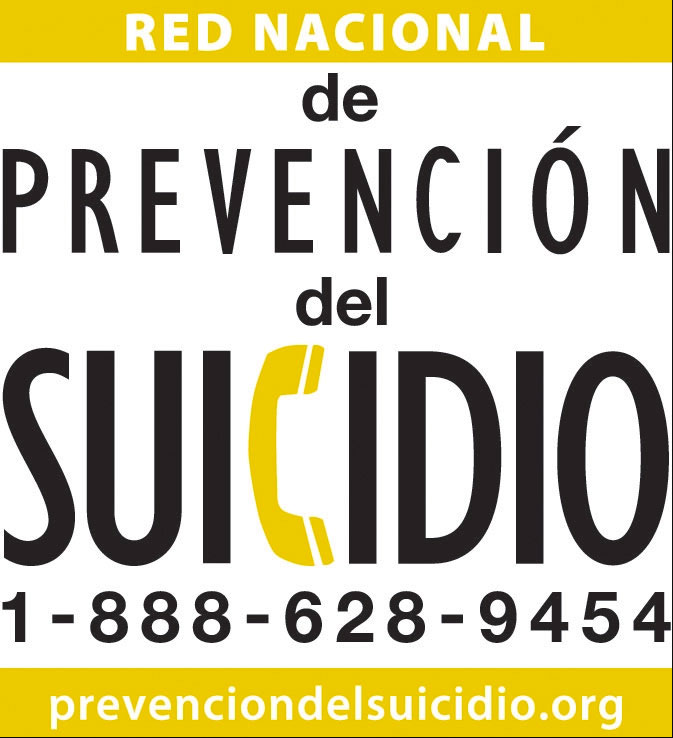College
College can be an exciting yet stressful time. Transitioning to college is often a significant adjustment for students. From adjusting to campus life to the rigor of college courses, the pressure and stress of college can impact a student’s mental health.
Due to the stigma associated with mental health, students may choose not to seek help or even admit that they have a problem. Students may feel embarrassed or ashamed that they are experiencing emotional struggles. Others may be in denial about what they are experiencing and feeling.
Mental illness is very common among college students. One in four college students has a diagnosable illness and 40% of these students choose not to seek help.
Most Common Behavioral Health Issues College Students Face
Below is a list of serious mental health issues college students face.
Anxiety
Anxiety disorders are the most highly prevalent of all psychological disorders, except for substance use disorders. Anxiety disorders affect nearly 30% of adults at some point in their lives. People with anxiety disorders frequently have intense, excessive, and persistent worry and fear about everyday situations (ex. exams, oral presentations, class projects). To learn more about anxiety disorders and tips for managing anxiety, click on this link: https://adaa.org
Depression/Suicide
Depression is a medical illness that causes feelings of sadness, loneliness, and the inability to go about life. Data from the 2013 National College Health Assessment found that approximately one‐third of all college students had trouble functioning due to depression. Signs that you may be experiencing depression include lack of interest in studies, difficulty focusing in class, sleeping in and missing class, insomnia, and feeling like the world would be better off without you. Students diagnosed with depression and bipolar disorder can experience intense feelings of hopelessness, worthlessness, and sadness.
These feelings can lead to thoughts of suicide. If you or someone you know is experiencing suicidal thoughts, don’t hesitate to get help. Call 911, go to the nearest hospital or call the suicide hotline at 1‐800‐273‐TALK (8255). For more information about depression and resources, call the SAMSHA (Substance Abuse and Mental Health Services Administration) National Helpline 1‐800‐662‐HELP (4357).
Eating Disorders
According to research compiled by the National Eating Disorder Association (NEDA), approximately 30 million people will struggle with an eating disorder at some point in their lifetime. Potential risk factors for college students include social pressure, fear of gaining weight (the "freshman 15"), romantic relationships, academic stress.
The following are features of eating disorders: severe disruption of eating behavior; body shape/appearance has a disproportionate influence on self‐worth; extreme fear or apprehension of gaining weight; strong gender/cultural influences (Western ideal of thinness).
Click on the following link which allows students to take a short, self‐assessment survey with access to resources: https://www.nationaleatingdisorders.org/screening-tool
Substance Use Disorder
Substance use disorder is a chronic, relapsing condition. College students are at a heightened risk of developing an addiction. Substance abuse among college students can be attributed to stress (coursework, full/part‐time jobs, internships), curiosity, and social pressure (experimenting with recreational and performance‐enhancing drugs).
Some signs and symptoms are a sudden need for money/financial crisis, a built tolerance for alcohol and drug use, deterioration in physical appearance (poor hygiene and grooming), and change in friends and social activities. If there is a history of alcohol and drug use in your family, it increases your likelihood of developing an addiction.
Helpful links: Rethinking Drinking (self‐assessment tool to determine if drinking is becoming a problem) ‐ http://www.rethinkingdrinking.niaaa.nih.gov/
In‐person or Online Support Groups ‐ http://www.smartrecovery.org/
For more information about substance abuse and resources, call the SAMSHA (Substance Abuse and Mental Health Services Administration) National Helpline 1‐800‐662‐HELP (4357).
Self-Injury
Self‐injury can include a wide variety of behaviors, but common forms include cutting, self‐scratching, burning, and punching objects. Self‐injury is often episodic, which means people will use it for a while but may go days, months, or even years without self‐injury episodes or urges before self‐injuring again. Students may resort to this behavior when feeling stressed and overwhelmed. Help for self‐injury can be found here: http://www.crisistextline.org/selfharm
Sleeping Issues and Disorders
Adequate sleep is vital to academic success. Research shows that students are increasingly not getting enough sleep each night. Among the reasons for decreased sleep are increased work hours, pulling all‐nighters for exams and assignments, and poor time management. Inadequate sleep can impact mental health.
Bipolar Disorder
Bipolar disorder is a mental health disorder in which an individual will experience extreme mood swings for no apparent or seemingly logical reason. The individual may go from an emotional high (also known as “mania” or “hypomania”) to an emotional low (also known as depression).
Bipolar disorder typically manifests itself at ages 18 to 24 years of age ― the exact age range most people are while in college. Additionally, the use of alcohol and drugs further increases the risk of developing bipolar disorder. The following are some of the effects of bipolar disorder on college students: racing thoughts that impact study and focus in class, impulsive behavior (skipping class often, binge drinking, binge spending), excessive energy (partying all night and not getting enough sleep).
With a proper treatment plan and support in place, students with bipolar disorder can have a successful college experience.



